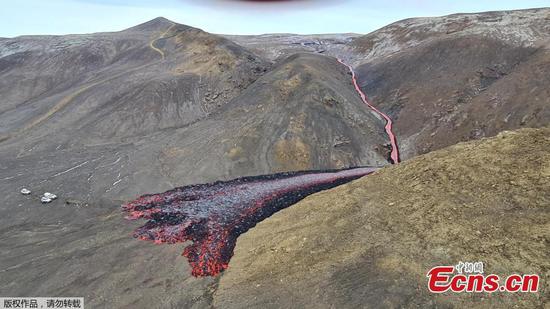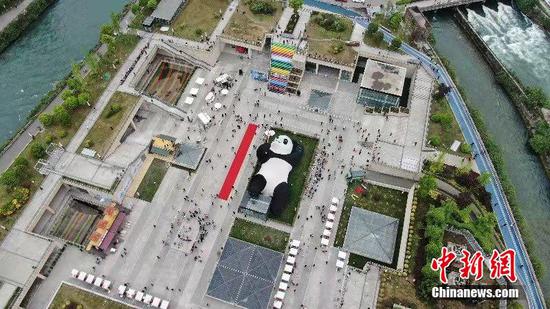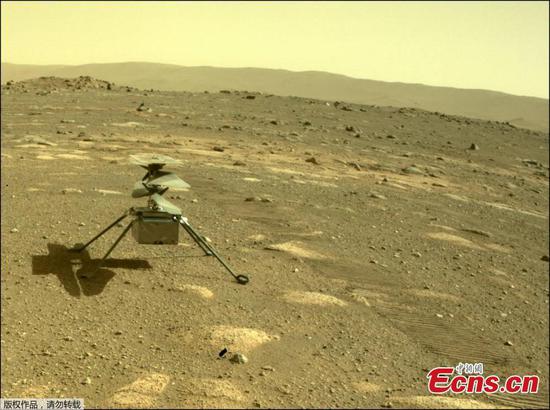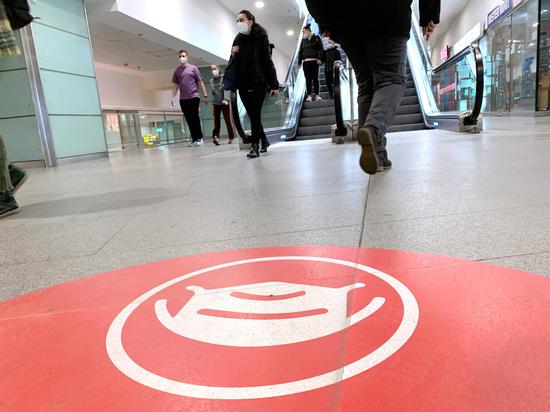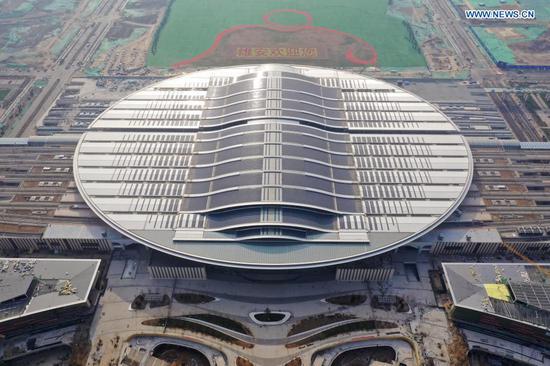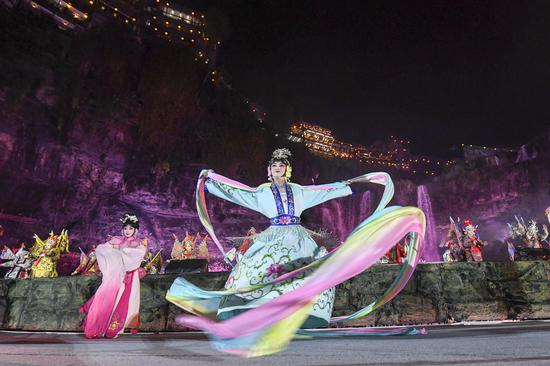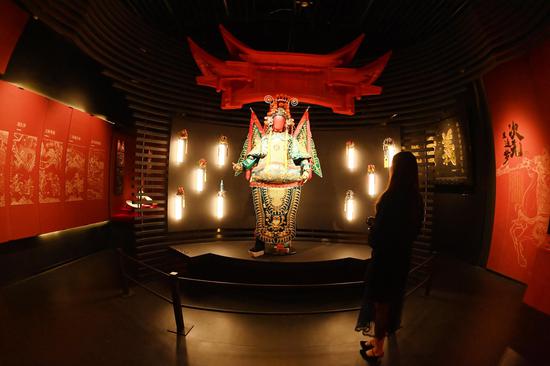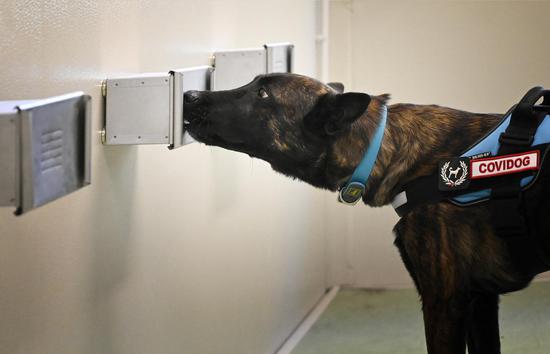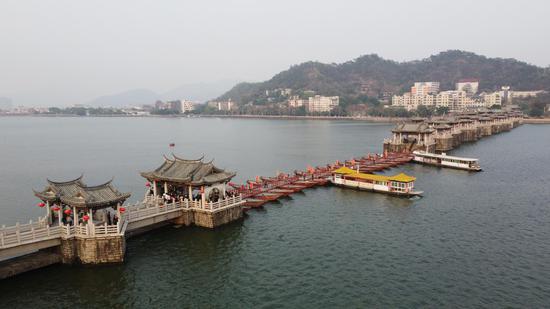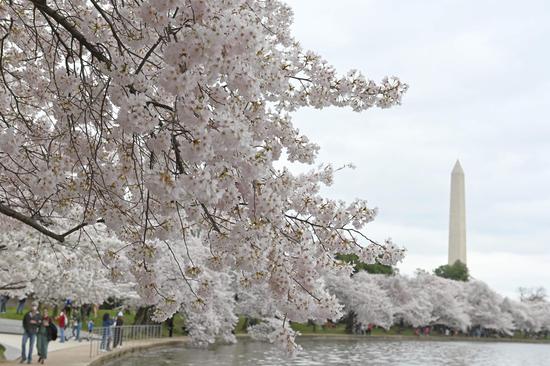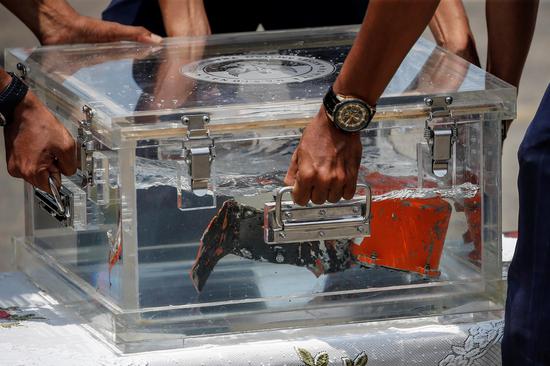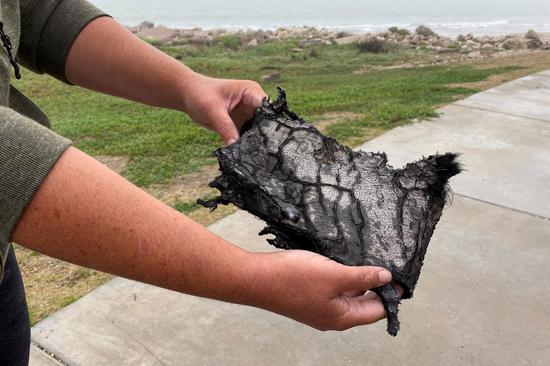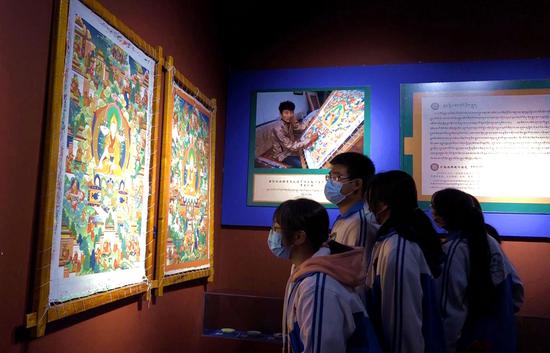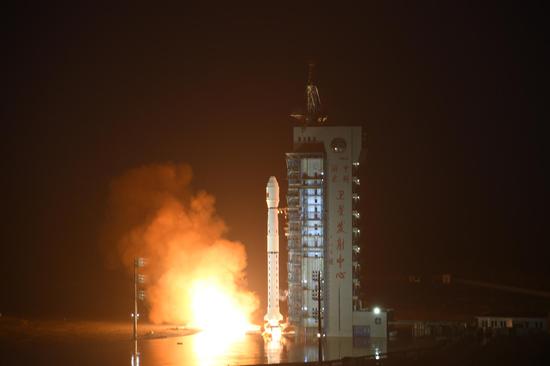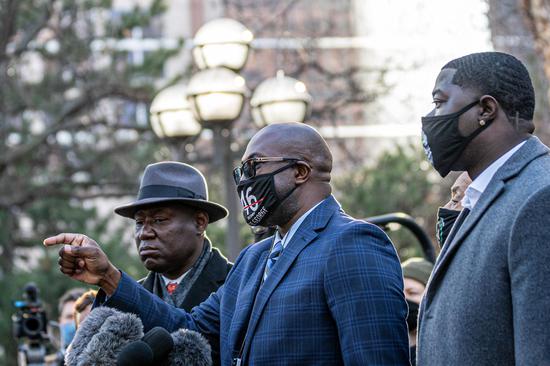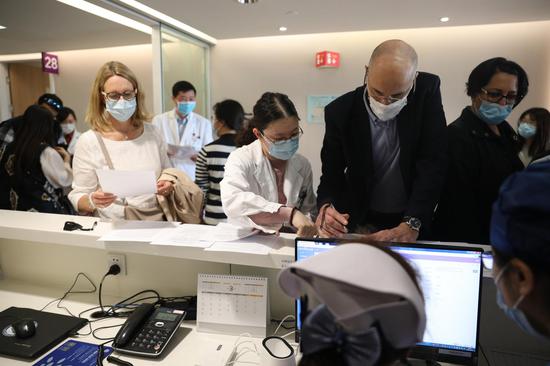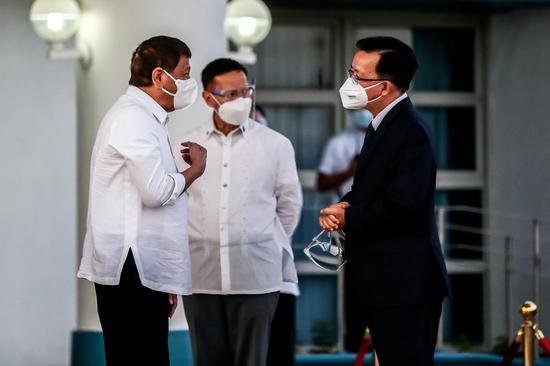
A certificate of the meritorious service award given to Jiang by the Chinese People's Volunteers army. (Photo by Deng Rui/China Daily)
Battalion leader
Born into a poor family in Hechuan in 1928 he joined the army at the age of 21, he later told his family. He was a machine-gunner during the Korean war and later appointed a battalion leader. Jiang joined the CPC in June 1952.
In October 1952, the Battle of Shangganling, or Triangle Hill, broke out. CPV troops were ordered to hold the position, which was under heavy artillery and air strikes by the United States military. Jiang led his battalion to help hold out the US soldiers.
During the battle, Jiang was badly injured by fragments from a bomb dropped by a US aircraft. He suffered major stomach wounds, but continued fighting until he lost consciousness, he told relatives.
He underwent 10 surgeries to repair the damage and has a large scar on his stomach.
In 1954, Jiang and his comrades returned to China and participated in the construction of barracks in Jiangshan, Zhejiang province, which earned him more military awards for his outstanding contributions.
In February 1955, he was discharged from the army and returned to his hometown. However, he locked his medals in an iron box and never spoke about his war experiences, his relatives said.
"I only saw those medals once when he opened that box to wipe the dust away. Few family members had seen them," Jiang Qipeng, his younger brother, said.
Jiang Cheng told his brother, "I just want to fight more enemies. That's my purpose of serving the people."
A retirement pledge written in his military record reads, "I'll work wherever my country needs me."
Jiang Cheng never used his military honors to ask for preferential treatment in the civilian world. The man of few words also did arduous construction work on the Chengdu-Chongqing Railway for nine years, and bred silk worms for 24 years before he retired.
Anti-poverty work
He also tried his best to help his village out of poverty. In the 1980s, he applied for a large loan and used it to lead construction of roads in the village. "This is probably the only thing my father left me," his youngest son Jiang Minghui said. "I took eight years to pay off the debt."
Jiang Cheng's eldest son Jiang Renjun, also a retired soldier, recalled his father's words before he went into the army, "Be ready to sacrifice, be strict with yourself and don't make trouble for the country."
In 2015, at age 87, Jiang Cheng transferred the right to use his family's land to a company for olive plant cultivation, and volunteered to encourage villagers to embrace agricultural innovations.
"My father seldom talked about that war before," Jiang Minghui said. "But in the last two years he would often go on about a battle even though he could hardly speak cogently or recognize his family members."









